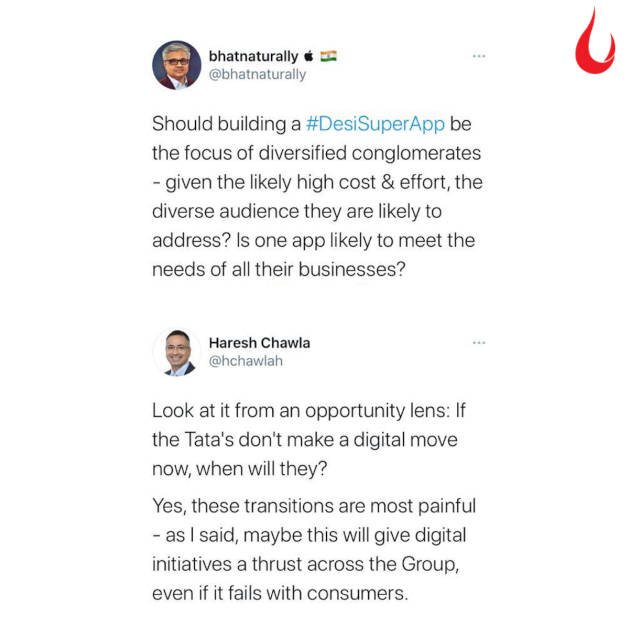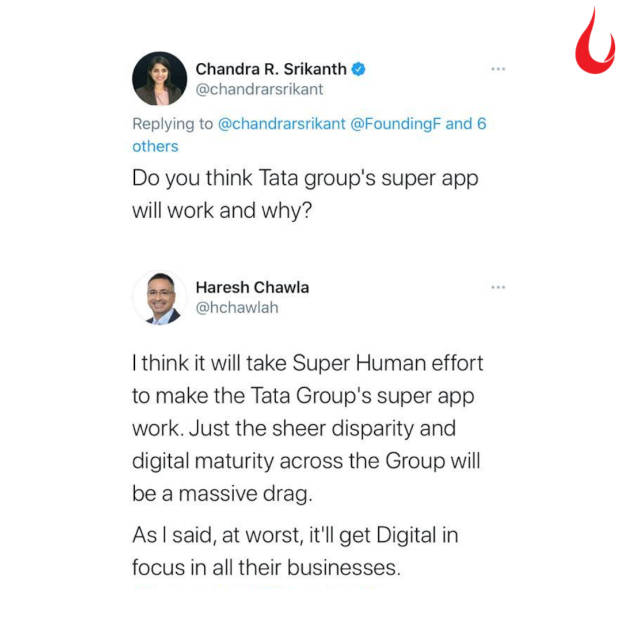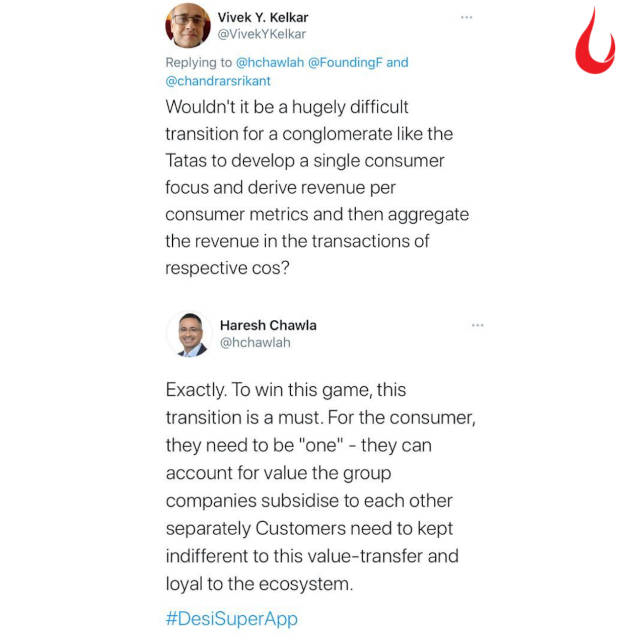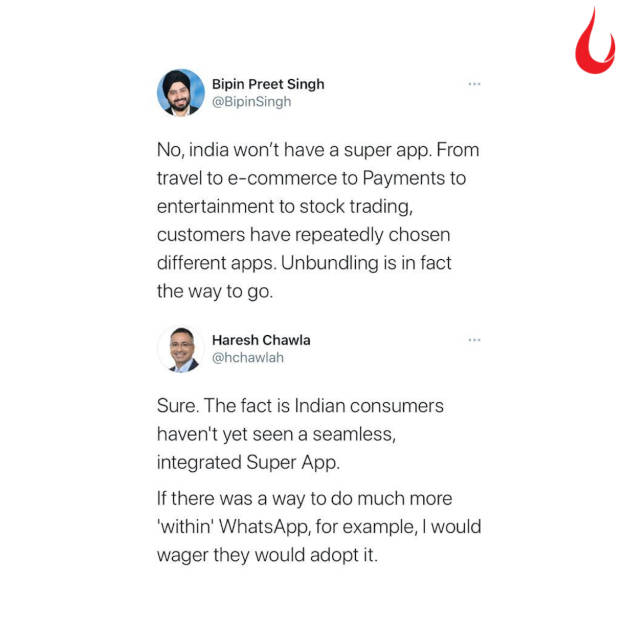[Photo by Nick Morrison on Unsplash]
Good Morning,
We stumbled across How to Write by David Ogilvy the other day. Originally intended as an internal memo to employees at advertising agency Ogilvy & Mather, it made its way into the public domain after his family and colleagues collected all his communications over the years and published it as The Unpublished David Ogilvy to celebrate his 75th birthday in September 2012.
The tips here are compelling.
Woolly-minded people write woolly memos, woolly letters and woolly speeches.
Good writing is not a natural gift. You have to learn to write well. Here are 10 hints:
- Read the Roman-Raphaelson book on writing. Read it three times.
- Write the way you talk. Naturally.
- Use short words, short sentences and short paragraphs.
- Never use jargon words like reconceptualise, demassification, attitudinally, judgmentally. They are hallmarks of a pretentious ass.
- Never write more than two pages on any subject.
- Check your quotations.
- Never send a letter or a memo on the day you write it. Read it aloud the next morning—and then edit it.
- If it is something important, get a colleague to improve it.
- Before you send your letter or your memo, make sure it is crystal clear what you want the recipient to do.
- If you want ACTION, don't write. Go and tell the guy what you want.
David
We thought it enormously useful and hope you like it too.
In this issue.
- AMA with Haresh Chawla on #DesiSuperApps
- How to go placidly amid the noise and the haste
- Ideas that changed the world
Have a great day.
AMA with Haresh Chawla on #DesiSuperApps
Last week, N Chandrasekaran, chairman of Tata Sons, announced the group’s plans to make a Super App. The announcement deserved an analysis and Haresh Chawla did just that in The race to build a desi Super App. As always, his analysis was read with much interest and questions started pouring in. That is why, yesterday, we hosted an Ask Me Anything (AMA) on #DesiSuperApps on Twitter with Chawla.
Dig Deeper
Go placidly amid the noise and the haste
At a time when most of us work from home, and many of us crave for ‘face to face’ conversations, a suggestion to seek solitude might sound like a little off. But, that’s only until we realise how packed our schedules have become. We no longer have the luxury of natural moments of solitude that the physical world imposes on us (when we go from one meeting to the next, for example). In a 2017 piece in HBR.com, Mike Erwin, co-author of Lead Yourself First: Inspiring Leadership Through Solitude and CEO of the Character & Leadership Center, offers some practical ways to achieve it.
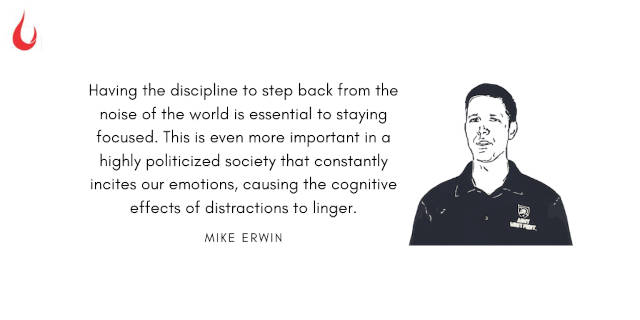
One of his suggestions is to build periods of solitude into your schedule. He writes, “treat it as you would any meeting or an appointment. If you don’t schedule and commit to solitude, something else will fill the space. One need not be Henry David Thoreau here; 15-minute pockets of solitude are very effective. If we spend our entire workday sitting in meetings and answering emails, it leaves little space in our minds to do the hard thinking that is essential to good decision making and leadership.”
Dig Deeper
- In a distracted world, solitude is a competitive advantage
- Desiderata (we picked up the title from here)
Ideas that changed the world
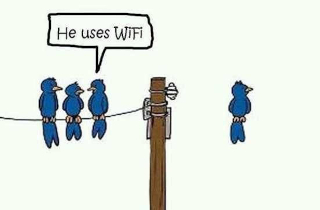
(Via WhatsApp)
What ideas do you think changed the world? Let us know. Head to our Slack channel.
And if you missed previous editions of this newsletter, they’re all archived here.
Bookmark Founding Fuel’s special section on Thriving in Volatile Times. All our stories on how individuals and businesses are responding to the pandemic until now are posted there.
Warm regards,
Team Founding Fuel


